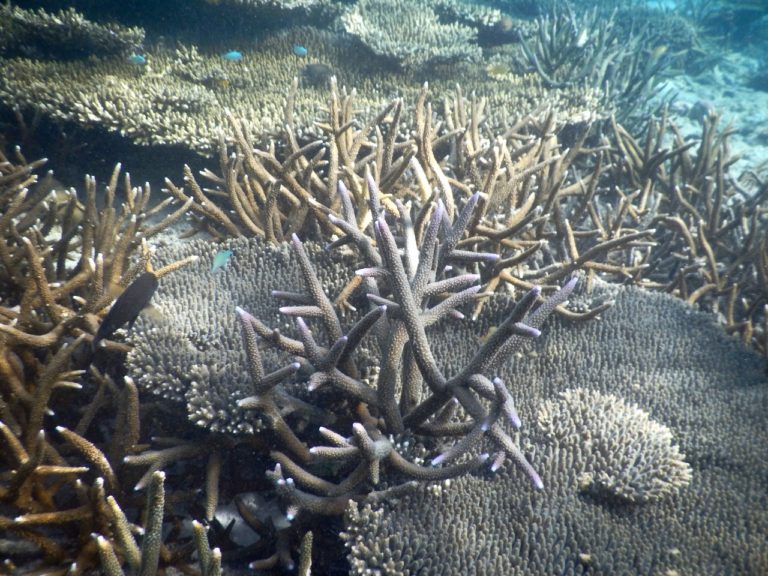Indonesia hosts the largest area of tropical coral reefs globally, accounting for 15% of total reef area and harboring over 590 species of hard corals. Despite this ecological significance, Indonesian reefs are underrepresented in global assessments due to the predominance of locally language published data (Bahasa Indonesia). Indonesia’s coral reefs are not only ecological treasures but also strategic assets for sustainability, climate resilience, and community livelihoods.
However, escalating threats from climate change, destructive fishing practices, pollution, and underfunded conservation efforts have placed Indonesia’s reefs in a state of ecological emergency. Scientific projections warn that by 2044, more than half of Indonesia’s Marine Protected Areas (MPAs) may experience annual coral bleaching, jeopardizing both biodiversity and community livelihoods.
Despite their richness, nearly 95% of Indonesia’s coral reefs are under threatened by :
- Destructive fishing (bombing, cyanide)
- Pollution (sewage, agricultural runoff)
- Climate change (bleaching, sea level rise)
- Mangrove loss for shrimp farming (leading to coastal flooding)
The urgency of coral reef conservation in Indonesia is not merely a national concern, it is a global imperative. Protecting these ecosystems demands coordinated action, innovative financing, and inclusive stewardship to safeguard marine biodiversity and sustain the ecological and economic foundations of the archipelago.
In response, Indonesia has launched pioneering initiatives such as the Indonesia Coral Reef Bond, the world’s first outcome-based financing mechanism for MPAs, targeting 1.9 million hectares of reef ecosystems. Complementary programs like Terumbu Karang Sehat Indonesia and Biorock restoration efforts emphasize community engagement, sustainable tourism, and reef-positive enterprise development. These integrated strategies aim to restore reef health, enhance climate resilience, and ensure equitable benefits for coastal communities.

